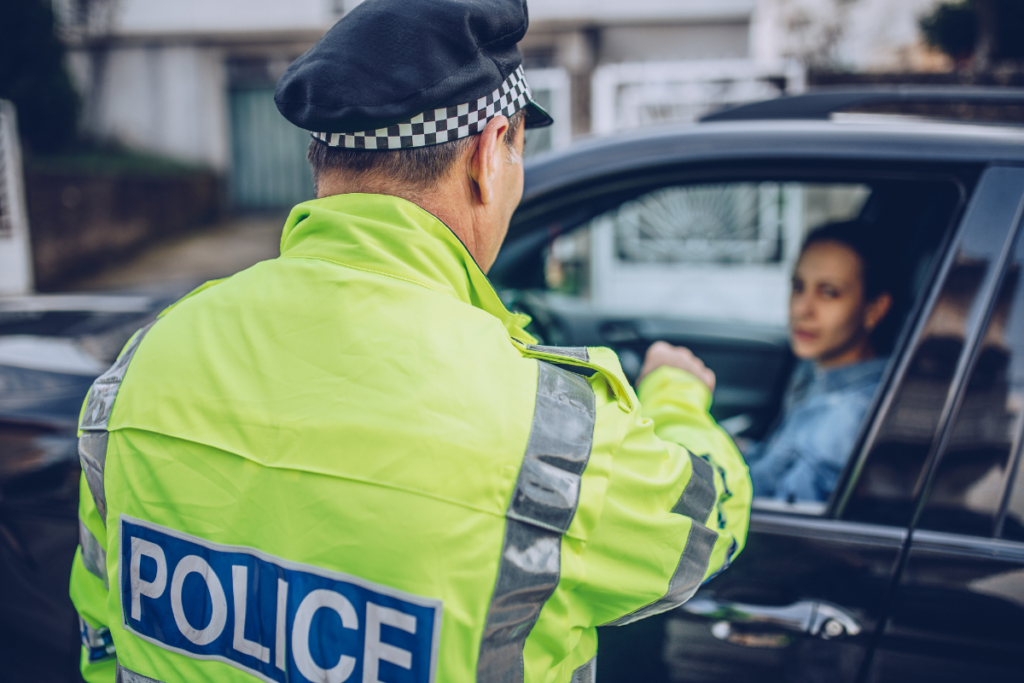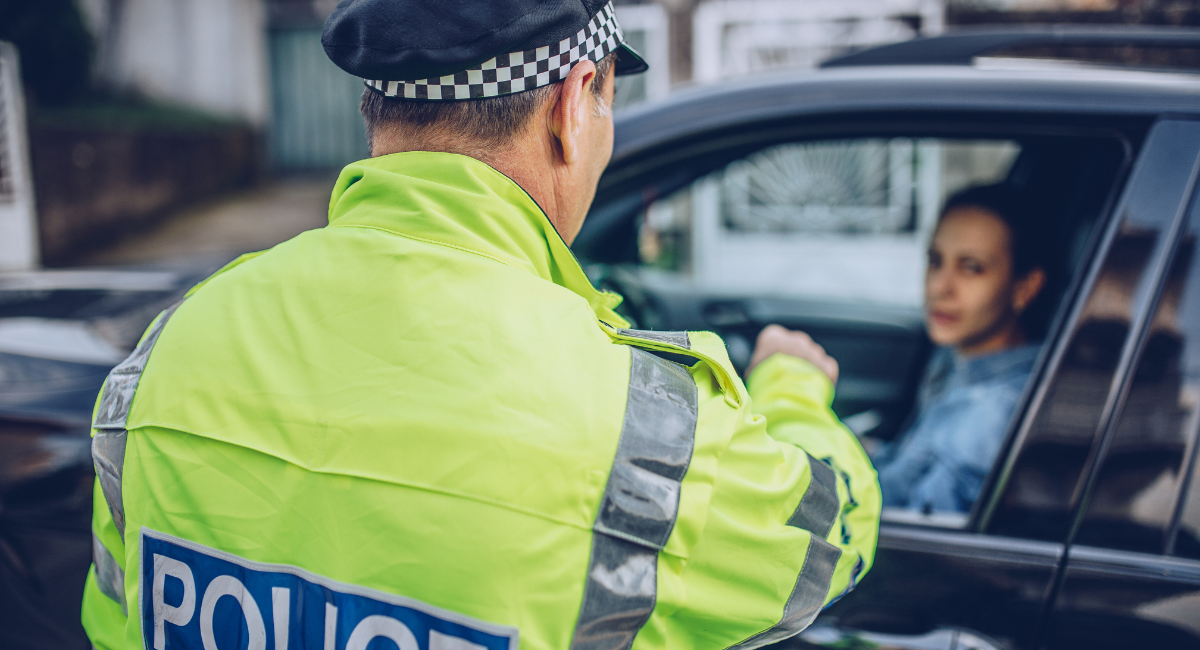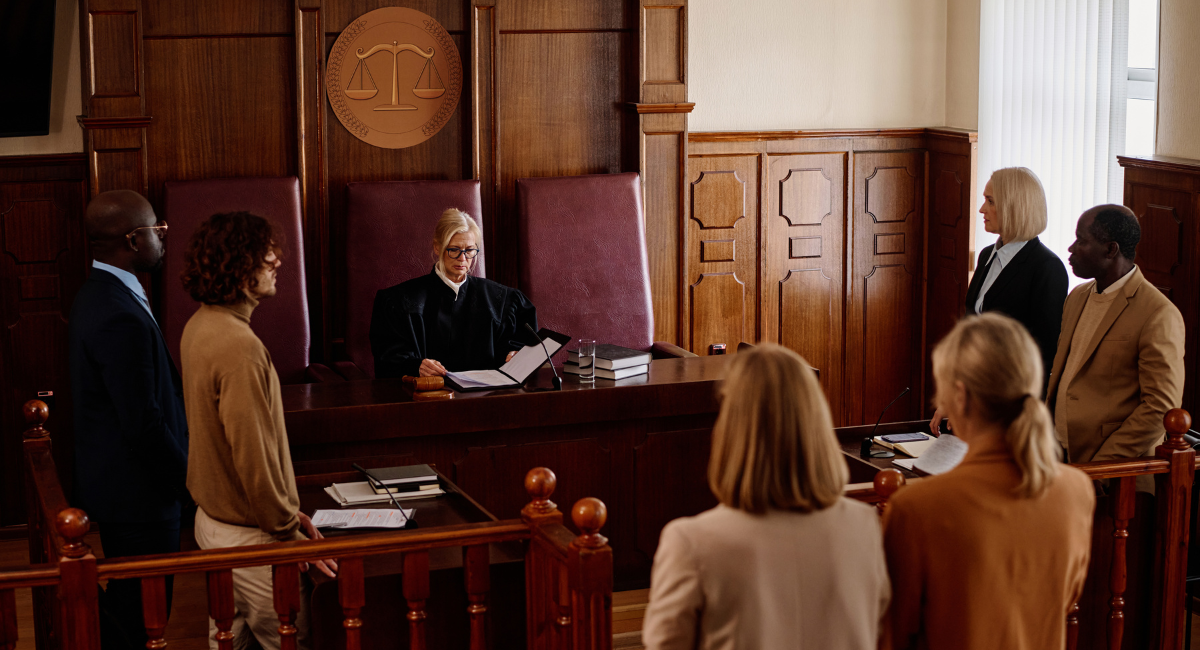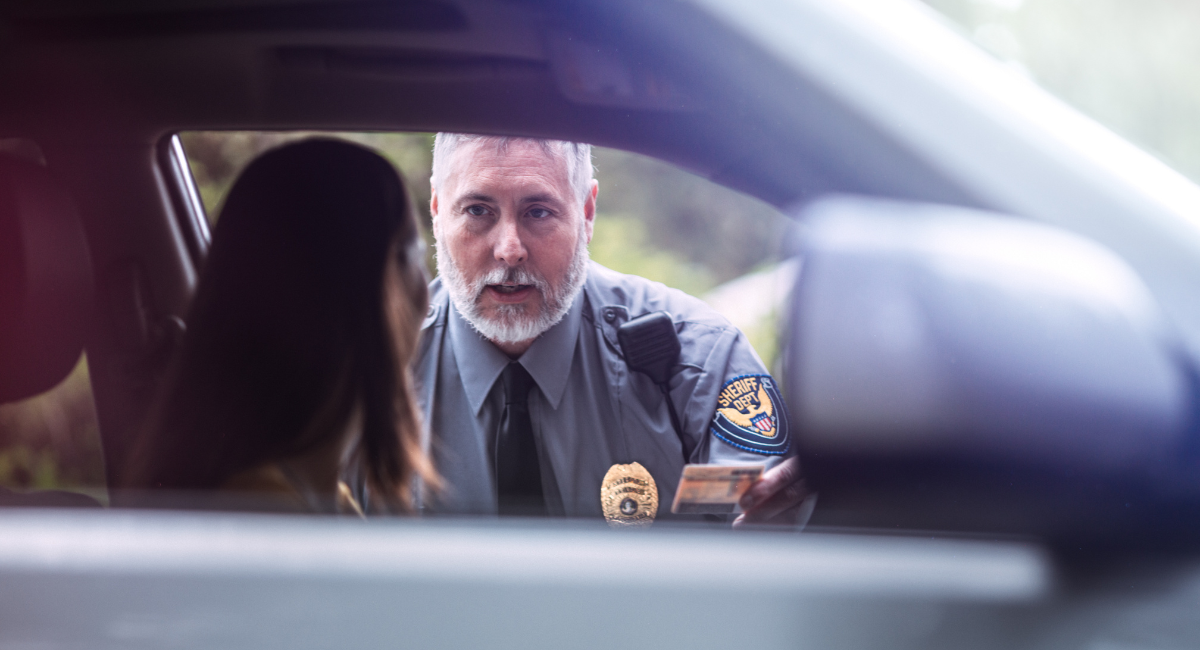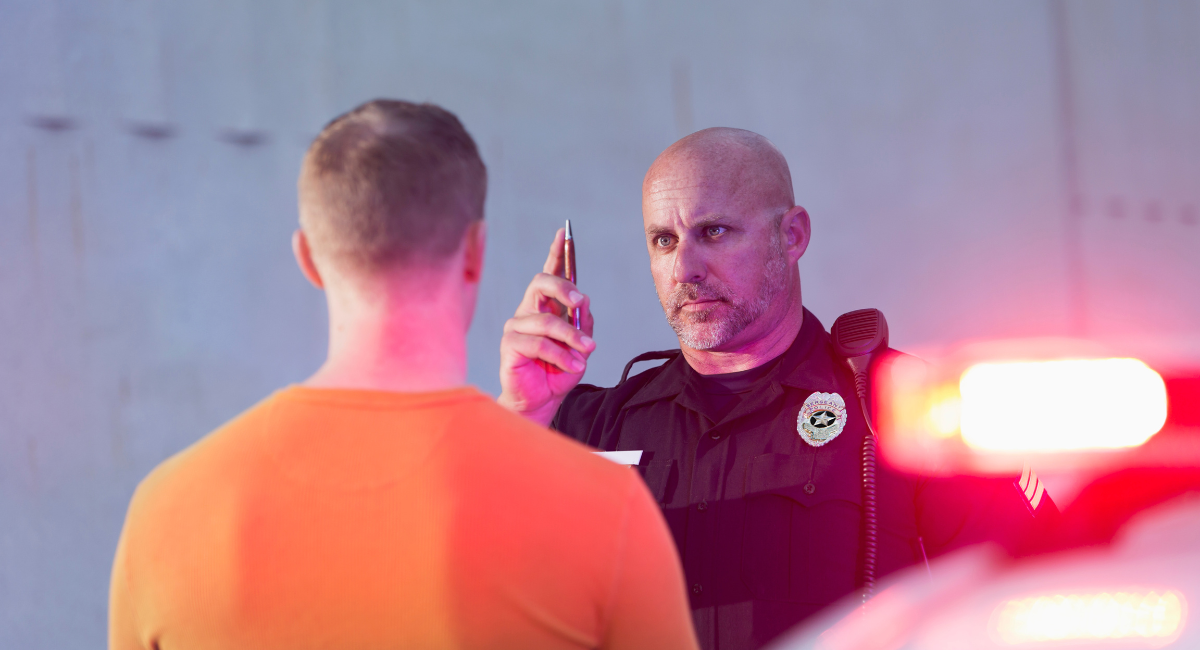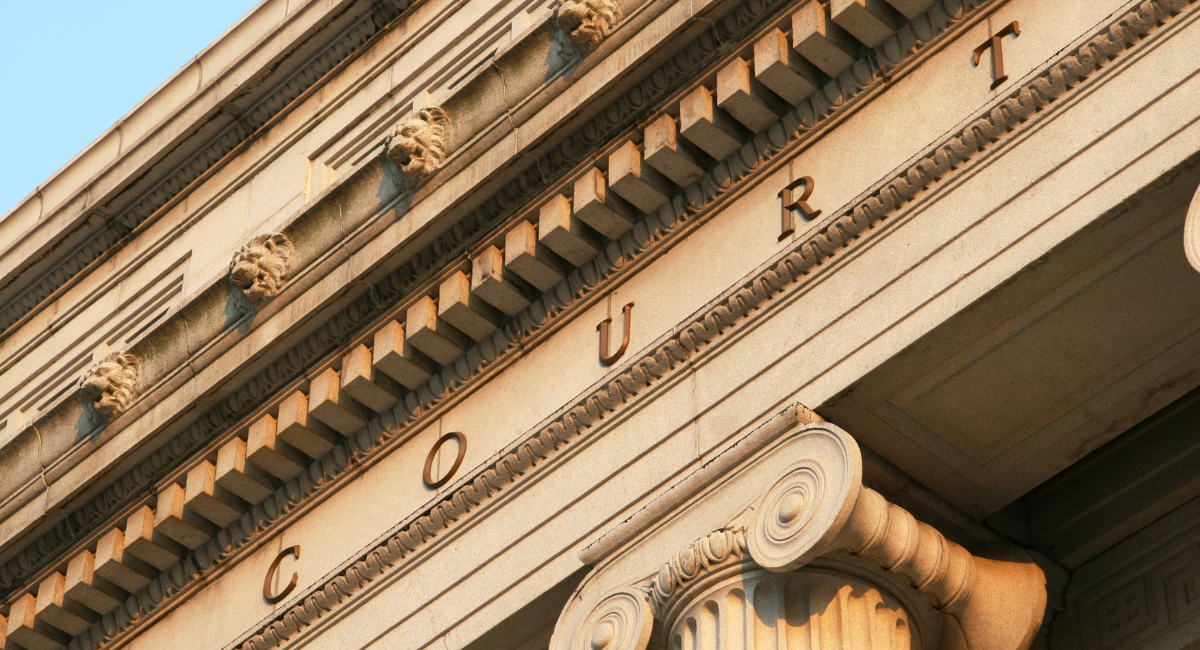DUI checkpoints are a common law enforcement tool used to deter and detect impaired drivers in New Jersey. While these checkpoints can be effective in promoting safe driving and reducing alcohol-related accidents, they can also create confusion and fear for many drivers caught off-guard. It’s important to have a fundamental understanding of the legality of DUI checkpoints, your rights and responsibilities during a stop, and the role of an experienced DUI defense attorney like Daniel S. Kratka in helping you navigate any resulting legal challenges.
Understanding the intricacies of DUI checkpoints is crucial, as law enforcement agencies must adhere to specific guidelines to ensure these stops are constitutional and not overly intrusive. Additionally, being well-informed can alleviate some of the anxiety associated with these encounters, empowering drivers to confidently exercise their rights. An experienced DUI defense attorney like Daniel S. Kratka can provide invaluable guidance, ensuring that your rights are protected and that you receive fair treatment under the law.
The Legality of DUI Checkpoints in New Jersey
Before discussing the details of DUI checkpoints, it is essential to understand their legality. In New Jersey, DUI checkpoints are legal and have been upheld by both the state and federal courts as a way to ensure public safety. As long as the checkpoint complies with specific guidelines and requirements set forth by the courts, it is considered a legal and valid law enforcement practice. These guidelines include providing proper advance warning and signage, having a predetermined neutral selection process for stopping vehicles, and ensuring that the duration of each stop is minimal.
Your Rights and Responsibilities at a New Jersey DUI Checkpoint
When approaching and navigating a DUI checkpoint in New Jersey, drivers must be aware of their rights and responsibilities to make informed decisions that protect their well-being. Here’s what you need to know:
- Proper identification: Ensure that you have your driver’s license, registration, and proof of insurance readily available. Law enforcement officers will likely request these documents at the checkpoint.
- Sobriety tests: If an officer suspects you of being impaired, they may ask you to perform a field sobriety test or submit to a breathalyzer test. You have the right to refuse these tests. However, refusal can result in an automatic license suspension under the Implied Consent law in New Jersey.
- Remain calm and cooperative: Whenever interacting with law enforcement, it’s crucial to stay calm, respectful, and cooperative. Do not engage in arguments or confrontations that could escalate the situation or cause officers to become more suspicious.
- You have the right to remain silent: If you are concerned that answering questions may incriminate you, you can respectfully exercise your right to remain silent.
What to Do If Detained or Arrested at a DUI Checkpoint
Being detained or arrested at a DUI checkpoint can be a frightening and overwhelming experience. Knowing what steps to take can make a significant difference in the outcome of your case.
- Contact an attorney: As soon as possible after being detained or arrested, contact an experienced DUI defense attorney like Daniel S. Kratka. Skilled legal representation is essential to ensure your rights are upheld and that you receive the best possible defense.
- Document the incident: Write down every detail about your experience at the DUI checkpoint—from the time of day and location to the officers’ conduct and any potential witnesses. This information can be invaluable when building your defense.
- Exercise your rights: As previously mentioned, you have the right to remain silent and refuse to answer potentially incriminating questions. In addition, you have the right to refuse a search of your vehicle unless the officer has a warrant or probable cause.
- Follow your attorney’s advice: Your defense attorney will guide you through the process and provide you with advice and recommendations based on their skills and experience.
Building a Defense Strategy for DUI Checkpoint Arrests
Having a skilled DUI defense attorney is critical for effectively building a defense strategy against charges stemming from a checkpoint arrest. Some potential aspects of a defense strategy may include the following:
- Challenging the legality of the checkpoint: If law enforcement did not follow the proper guidelines when establishing or conducting the DUI checkpoint, it may be considered unconstitutional, and any evidence obtained during the stop could be dismissed.
- Evaluating officer conduct: Issues such as a lack of reasonable suspicion for conducting a sobriety test or improper administration of the test can be grounds for dismissing or reducing charges.
- Analyzing the chemical tests: If there are any irregularities or inaccuracies in the chemical testing process, the evidence could become inadmissible in court.
Conclusion
DUI checkpoints may be intimidating, but understanding their legality, your rights, and your responsibilities is vital in navigating these encounters. Should you find yourself facing DUI charges as a result of a New Jersey DUI checkpoint, it’s essential to secure the representation of an experienced and aggressive DUI defense attorney like Daniel S. Kratka.
You can protect your rights with NJ DUI Defender’s knowledge and commitment! We will guide you through each step of the process to achieve the best possible outcome in your case.
Contact us today to receive top-notch NJ DUI defense.

